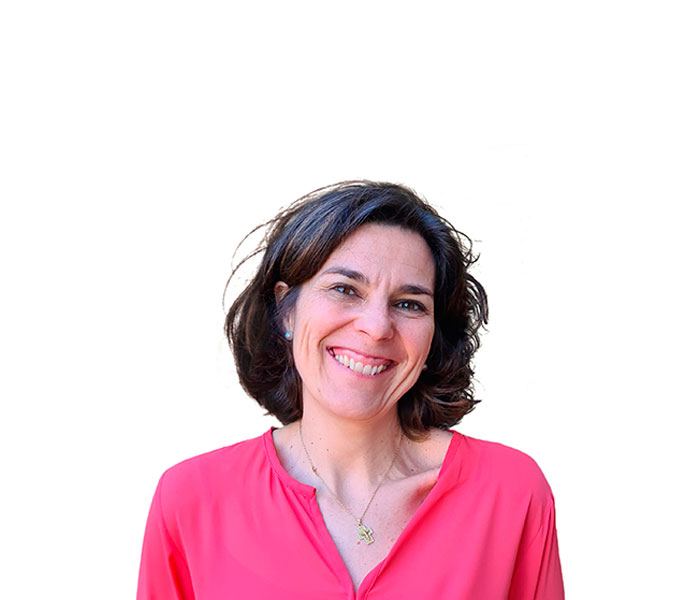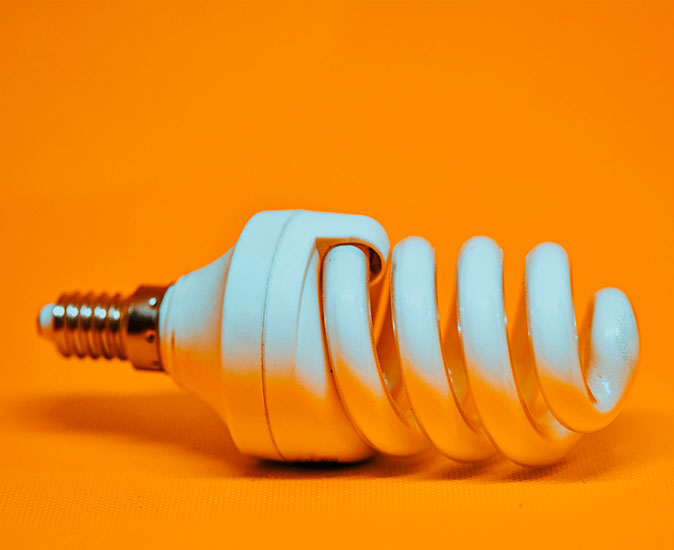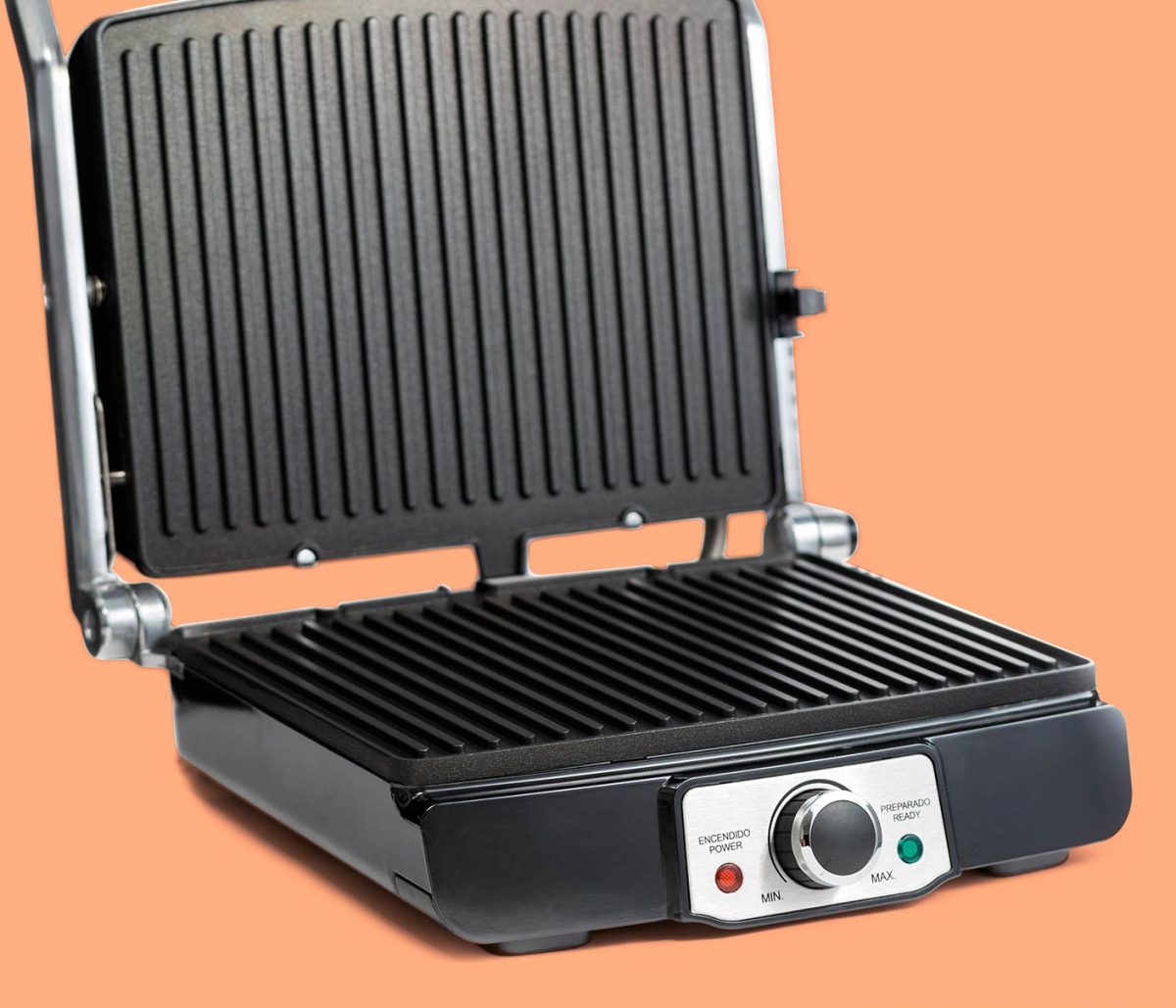
The circular economy is going to revolutionize the concept of waste management
Margarita Ruiz Saiz-Aja – Deputy General Manager of Circular Economy and Environmental Quality and Assessment Department of Ecological Transition and the Demographic Challenge
“We are just at the beginning of the road: we are witnessing a change in economic models in Europe in which waste has a leading role”

1.How would you assess these first 15 years since the entry into force of the Extended Responsibility of the Producer with the Royal Decree 208/2005?
The extended responsibility of the producer (EPR) was established in the context of electric and electronic equipment (EEE) to guarantee, on the one hand, the appropriate processing of products that 15 years ago contained significant quantities of substances harmful to people’s health and to the environment, and to involve manufacturers in replacing or reducing hazardous substances and improving the design of their products to reduce the cost of processing. That royal decree of 2005 not only transposed the first WEEE Directive, but also included the transposition of the ROHS Directive, two closely related directives.
After 15 years, we can say that, in general, we have achieved both objectives as most waste electric and electronic equipment are channelled and processed appropriately. If we look at the evolution of the WEEE collected, we can see this improvement: in 2006 a little less than 170,000 tons were collected while in 2018 the figure was 320,000, which is almost double.
I would like to highlight the role distribution has played in this improvement. In 2005 a new obligation, the 1 for 1 collection, was applied to them, and they have not only complied with it, but this type of collection has become an example of quality and the favourite of waste managers due to the good condition of the WEEE they receive from this channel.
Similarly, we have seen the gradual reduction of hazardous substances included in the devices, the content of these being limited to those cases where no alternatives exist. This is mainly due to legal provisions, since producers’ involvement in the design of EEE to facilitate waste prevention and recycling has been very limited.
Despite the overall positive assessment of these 15 years’ operation of the EEE EPR, there are milestones and new challenges that still need to be achieved, including in ecodesign: products with longer useful lives, which are easier to repair and recycle once they become waste. Just as has happened with the restrictions on substances contained in the ROHS directive, the legal route will be the catalyst for progress on this matter.
2. What is your assessment of the regulatory development in the waste management sphere?
Waste regulation has not ceased to increase in scope and detail. A good example of this is the change from Royal Decree 208/2008, of 25 February, to Royal Decree 110/2015, of 20 February, on WEEE, which established its correct processing in more detail, incorporating requirements in all the management stages aimed at improving the prioritisation of the waste management hierarchy and defining each type of specific treatment based on the characteristics. It also meant a change for EPR, as it was the first stream that was adapted to Law 22/2011 of 28 July on contaminated waste and soils.
In addition to the regulatory development of waste streams, regulations on by-products and end of waste status and the regulation of a waste transfer procedure within our borders have been added to its management’s legal framework, in line with the European regulation on cross-border transfers.
All this is aimed at building a regulatory framework focused on the control of traceability for correct waste management, with clear obligations for all the stakeholders involved, so that the application of waste hierarchy can be realised and progress can be made in increasing efficiency in the use of available resources, a key concept of the circular economy.
One of the changes Law 22/2011 brought us, and which I would like to highlight, was the creation of the waste coordination committee, which enabled us to progress alongside the rest of the public administrations competent in this area towards a greater harmonisation of the standards and their interpretation in our country and towards greater fluidity in the communication between administrations.
However, we are just at the beginning of the path: we are witnessing a change in economic model in Europe in which waste has a leading role. The circular economy is going to revolutionise the waste management concept we have, enlarging its scope to cover earlier stages of the products, their manufacture, and their consumption.
3. How important is appropriate management of waste electric and electronic equipment in the development of the circular economy and the energy transition?
EEE are very complex products and many of them contain components considered critical raw materials. If we add to this the increase in the type of devices, the bigger demand and the ever shorter replacement cycles, the availability of certain substances like lithium may constitute a barrier to the future development of this sector.
Therefore, it is vital to keep the substances contained in the devices in the production cycle for as long as possible. As well as extending its useful life, a good design of the devices will enable consumers’ right to repair to be introduced and will favour preparation for re-use.
Furthermore, it is very important to be able to recover the raw materials they contain. In the future, WEEE processing centres must be turned into centres that supply raw materials for the industrial sectors, which will require a design conceived for easy dismantling and without hazardous substances in order to maximise their recovery.
Collaboration between producers, repairers and managers is important for this. Currently, every time a new product is launched on the market, waste managers have to carry out an investigation into what the best processing option is, despite the fact that producers are required to communicate to them the relevant information for the processing of their waste.
In this promotion of eco-design by producers, the implementation of new business models based on payment for service will have a big role to play, where consumers acquire the right to use a device, but the producer retains ownership of it. In these models the producers will surely get more involved in the extension of the useful life and in the repair of the products.
As for the energy transition, I would like to highlight the type of EEE that is going to be key in achieving climate neutrality: photovoltaic panels. These panels are within the scope of application of the WEEE regulation and, if we want to base our development on green energy, we have to pay particular attention to the management of its waste, for which it will be essential for producers to declare them in the Integrated Industrial Registry and provide the appropriate finance for this.
Currently the waste of these panels is mostly processed outside Spain, adding an environmental cost to its management. Therefore, taking into account the progressive increase in the generation of this waste, the specialised managers need to be set up, so that they can reduce the emissions generated by the transfer to other countries and promote the creation of jobs nationwide.
4. What has been and must be the role of Producer Responsibility Organisations in waste management?
The Producer Responsibility Organisations we currently have are the result of the transformation of the old Integrated Management Systems (SIG) that appeared as a result of the Royal Decree of 2005.
Law 22/2011 on contaminated waste and soils, after establishing the new framework of the EPR, enables producers to meet their obligations individually or collectively, grouping themselves into PRO, establishing obligations for the entire system. Later, Royal Decree 110/2015 defined the role of these systems in more detail.
PRO are incorporated as producers’ associations, and therefore their role is limited to what is decided collectively. Although its purpose must be the exclusive management of the products their producers put on the market, the modification of Royal Decree 110/2015 enables the development of additional activities focusing on the improvement of WEEE management. In this adaptation process, the SIG have made changes in their activity aimed, for example, at improving the democratic operation within the system.
As far as waste management is concerned, I would highlight the role Ofiraee has had, as it has enabled the WEEE collections of local organisations to be coordinated between the SIG that operated with the regime of the 2005 Royal Decree. However, in order for it to continue to be efficient, it is necessary to enlarge the participants and users of this office and set out on the path to transform the Ofiraee into the Collections Assignation Office established in Royal Decree 110/2015.
Looking towards the future, the new Waste Bill will bring us a reform of the EPR by transposition of the regulatory framework established at EU level. This reform intends to give these systems greater transparency in their operation, getting producers involved and establishing control and self-control mechanisms.
The change of model towards a more circular economy involves increasing links between waste management and product design and manufacture, not just in terms of reincorporating secondary raw materials but also in the business models themselves.
As well as the ecodesign and the change to payment for service models, it is also important for a sustainable production to adjust, insofar as is possible, production to demand. For this reason, and following the progress made in France, the future law incorporates the ban on destruction of non-perishable surpluses, promoting the donation or sale of out-of-stock products, to sensitise producers towards a more demand-adjusted production.
5. In your opinion, what are the main challenges that need to be faced to promote the circular economy? How do you think the future of waste management will evolve in Europe and in our country?
The change from a linear economy to a circular economy is a great challenge for the next few years, in which it will be necessary to coordinate between many competent authorities who have not worked together up to now.
The future development of the economy is going to be highly marked by the availability of raw materials. We must therefore improve our self-supply capacity, be more resilient and search for new sources of materials also in our waste.
But as well as obtaining raw materials, the way we manufacture has to change: keeping the raw materials consumed in use for longer will reduce their demand, thus improving our independence from external markets.
To improve in circular economy the link between producers, repairers and managers is also important, improving the communication and collaboration between them. Producers have to stop seeing these figures as competitors and see them as allies in a strategy that guarantees their competitiveness.
The product information must be improved in relation both to its energy behaviour and to its degree of circularity, so that the consumer has all the tools they need to make their purchase decision.
As for the regulation, this must be renewed in order to favour the change of economic model, but without losing sight of the protection of people and the environment, being flexible enough to quickly adapt to changes in the production sectors.
Another important challenge we have to face is that of adapting to a global economy, defined by a single big world market and this opening up to the exterior brings new challenges with it. With sale by Internet the number of free riders as far as EPR is concerned has not ceased to grow, which penalises our producers who comply with the requirements and makes them less competitive than extra-EU non-compliers.
Therefore, checking that the goods that come in through our borders meet all the EU’s requirements is a job that has to be done now, and by the EU authorities. We have already started this job: through collaboration with the customs authorities we will check that the producers importing EEE and cells are registered in the Integrated Industrial Register, but this will be of no use at all if the same checks are not established in other European ports.
As for the future of waste management in our country, it is clear that it is one of the key pillars on which the circular economy is based. The sector has become increasingly professionalised and specialised, and this will continue over the next few years. Increasingly demanding targets and improvements in the early stages of management will mark out the path for a strategic sector that it is forecast will generate a large number of jobs in the next few years.

